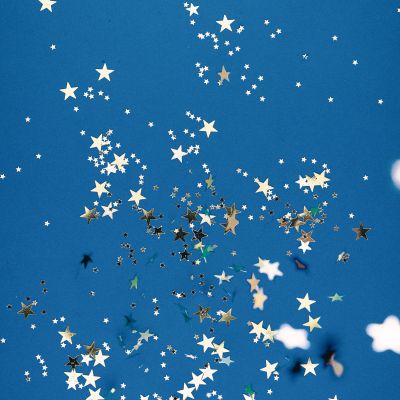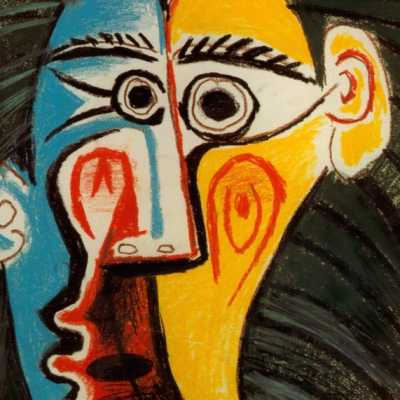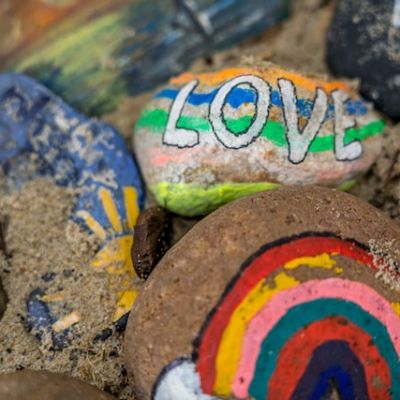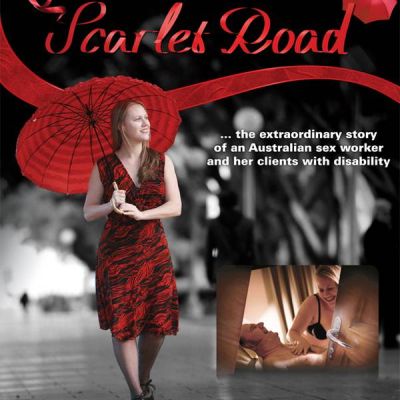Disability
The In Plainspeak team decided to time travel and re-discover previously published articles that explore the multiple ways in which people find joy and pleasure in their sexualities.
The nature of the labor that goes into performing femininity is that it’s invisible. Or at least it’s supposed to be. As a culture, we expect women to look glossy and shimmery and smooth. We don’t want to know about the time and money that goes into this presentation.
What can persons with disability do and not do? Can they have sex? Should they have sex? However well-intentioned they…
In one sense, the body is what I immediately am. In another sense, I am separated from it by the…
We can speak of many situations in terms of access or its lack for all kinds of people, and it will always give us insight into the society we live in in two interdependent ways: one, it reveals a polarity between who is given and who is denied access, and two, it determines the big-picture human value given to the commodity that the access is contested for.
The general attitude towards sexual fantasy, and the reflection of such fantasies in popular imagery, erotica and erotic porn is constructed on assumptions of ableism. There are other fantasies though, that reflect or are born of the sexuality of their creators and consumers, persons who do not fit into the accepted age, body or sexual identity.
Many disabled people in India live with their parents and any expression of sexuality is suppressed as a rule within the confines of their homes. Sexual desires of persons with disabilities are seldom a priority issue for families or civil society. More is said through silence than words. Be grateful that you are alive. Isn’t that enough?
Motherhood is hallowed concept in Indian society – folklore and stories of branding women who do not bear a child…
If a woman likes a man, she seduces him with her charm, wit and humour. This, I have seen, works….
If a woman likes a man, she seduces him with her charm, wit and humour. This, I have seen, works….
All clear…. no hush hush TARSHI Talks on ‘sexuality and relationships’ is such a welcome sea of information about sexes,…
It was very interesting to read Sexless in the City (For No Fault of Mine) by Malini Chib and the…
I thought of myself as a feminist activist much before I formally entered the development sector space. I participated in…














